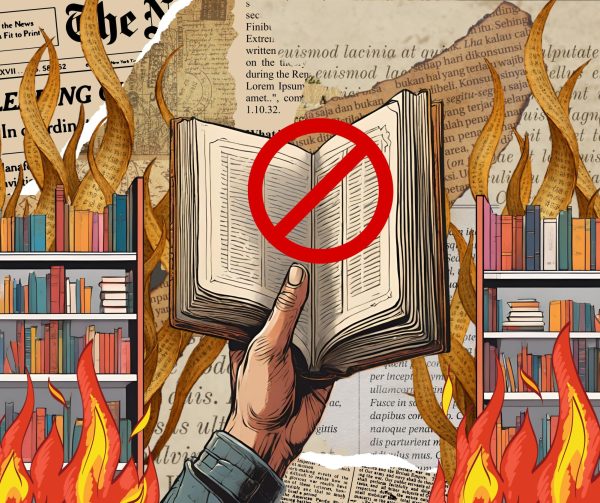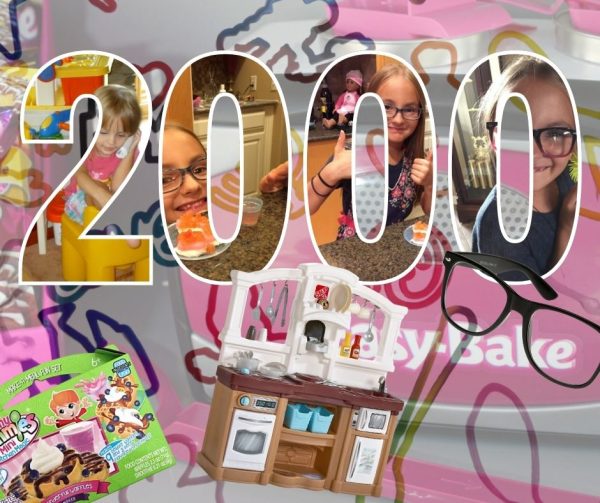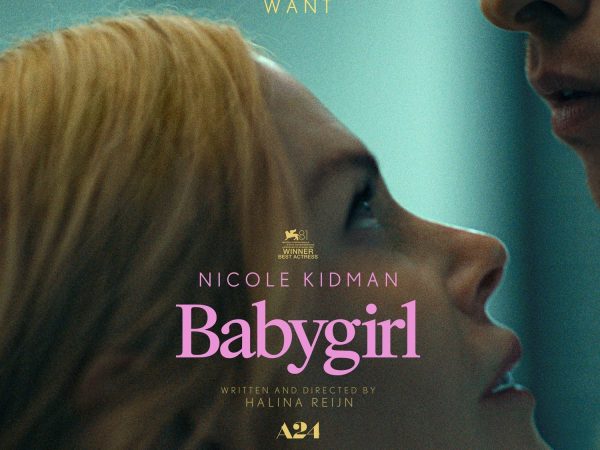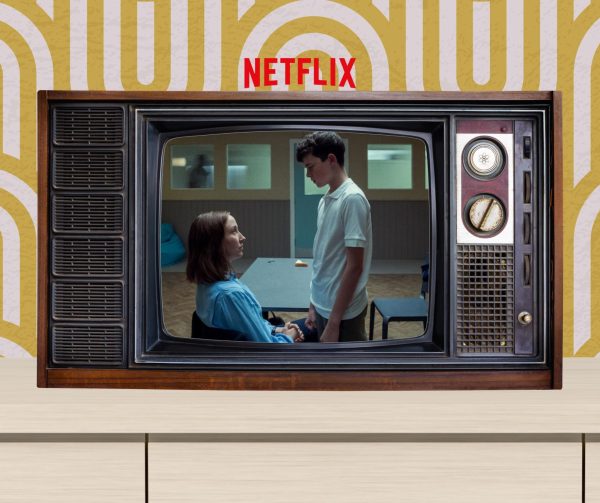Letting Others In
An exploration into getting help in the 21st century.
At one point or another, every person was terrified of the dark. At a young age, we all hid under our blankets from the scary shadows of our rooms, cuddling close to a stuffed animal for comfort. When I babysit nowadays, I always spray some “monster spray,” turn on their favorite nightlight, or leave the door open just a crack to beat back the creepy darkness of a 4-year-old’s bedroom. When little kids come running from their rooms, carrying their blankets and plush companions and crying out in terror, I hold them close and tell them everything will be okay. I explain the darkness and why it’s ok to be afraid, soothing their fears and coaxing them back to bed. While I might be a bit exasperated if this becomes a recurring situation, I understand why they are afraid, and I believe we all do. After all, we were once in that position, too.
As I’ve grown up, I realized there are tons of new things most of us fear, but we haven’t normalized the part where someone dries our tear-stained eyes and helps us through. From mental health to schoolwork, we’re all huddled under various “blankets,” but we’re too afraid to call out for someone to come find us. For some reason, we believe it best to cower alone and crack under the pressure of our struggles. Or, we put ourselves in possible danger by blindly stumbling around our rooms, hands scouring the walls and floors, bumping into random dressers, bedposts, and closets, and frantically searching for any light to chase the night away. Why do we do this? Why do we deliberately take away the cure to our fear, unable to say a few words and receive the assistance we so desperately need?
We’ve been taught never to show weakness, never to lower our standards for ourselves, and never to ease off the pressure. This mentality worked way back when it was first introduced. In caveman times, it was eat or be eaten. In the medieval era, if you weren’t conquering new lands, you were a filthy peasant. In the late 1800s, only cutthroat businessmen made it out of the slums. Even in the Cold War, you had to keep your chin up in the face of mutually assured destruction and never let the fear get to you. We’ve been taught to hide our whole lives. Lock away our fears, bury them deep inside our guts, put on a brave face, and wait for daylight to stream through the windows.
I was speaking to my grandpa about the recent increase in mental health awareness and diagnosis. His old-world view described it as “seeking attention.” He explained in his day that there was no time to be seeking attention because people had things to do. While I disagree with that statement, he did have a point. His day didn’t have time to admit the reality of mental health issues or even research it. They lived in a world where a person had to constantly do something. They were always working, feeding the kids, cleaning, fighting, shopping, or learning. Never allowed to reflect on their lives, they carried on. They didn’t have machines that could do household chores, pay bills, and streamline work. They also had less interference in their lives. The only opinions they had to worry about were those of family and friends, coworkers and neighbors. There weren’t whole career fields dedicated to changing the minds of the public. Marketing hadn’t boomed yet, and influencers were a speck on the distant horizon.
We’ve carried this “no mercy” mentality into the 21st century, but it no longer fits our lifestyles. In this digital age, we now have the time to reflect on where we are in life. Our basic needs are being met, and we can now focus on our mental and emotional ones. We’ve also gained the vocabulary to explain our emotions, and have begun finding new ways of coping with them. Through social media, we’ve gotten insight into the lives of not only our immediate community but also people across the globe. Thanks to editing and staging, the entire world can now place their “perfect” lives on a pedestal, while stowing away their struggles and trials. We now compare more quickly, and we have more time to do so. These amazing wonders of technology have also destroyed our self-esteem and confidence.
Now more than ever, we need some serious help. Research shows depression, anxiety, and suicidal thoughts are on the rise in teens around the globe. However, we’re all too scared to admit it. No matter what the problem is, we still cannot reach out. To do so is to allow others into the room. To do so would allow them to see the tear-stained pillow, the ratty stuffed dog we hold to for dear life, and the messy, clothes-strewn floor. To do so would disgrace our forefathers and their values of putting on a brave face and toughing it out. To do so would display our imperfections and flaws to someone who can judge, despise, pity, or ignore us, perhaps even all four.
However, why have we decided that showing our authentic selves is something to be ashamed of? Why have we decided we must put on a mask of “okay-ness” when in reality we are far from it? We no longer have to worry about hunting for food and shelter or asserting dominance over enemy groups. So why do we still act like we’re in the Stone Age, and every weakness must be covered or hidden for fear of it being exploited?
With the world overflowing with fake news, fake photos, fake facts, and fake people, we must be willing to become real. We must tear off the mask we wear and let those who care about us and can help us into the room. They have to see the tangled bedspread and hear the hopeless sobs. They have to know that we need some serious help and that our lives are not as perfect as we portray. Only then can true healing begin.
Do we really want to live like the savages of old or even our grandparents of slightly-less-old? I personally don’t want to revert back to a time when people were not understood for being different, when conformity was expected and when life’s prospects were bleak for all except the few privileged individuals who were lucky to be born on top of the pecking order.
So let’s dare to let people who can help into the room. Dare to show the world that we don’t have everything together and that sometimes things aren’t perfect. Dare to admit that we need help. It will be difficult, but it will be worth it. In an era of isolation and pain, we can find help, empathy, and hope from others. How are we supposed to find our way out of the darkness in our lives without the light that others can give us? How can we be soothed and lulled back to sleep without someone brushing the hair off our foreheads and tucking us in? We simply can’t. We need to call out from our metaphorical bedrooms filled with nightmares so someone can let light in and bring us peace. Let them in.











